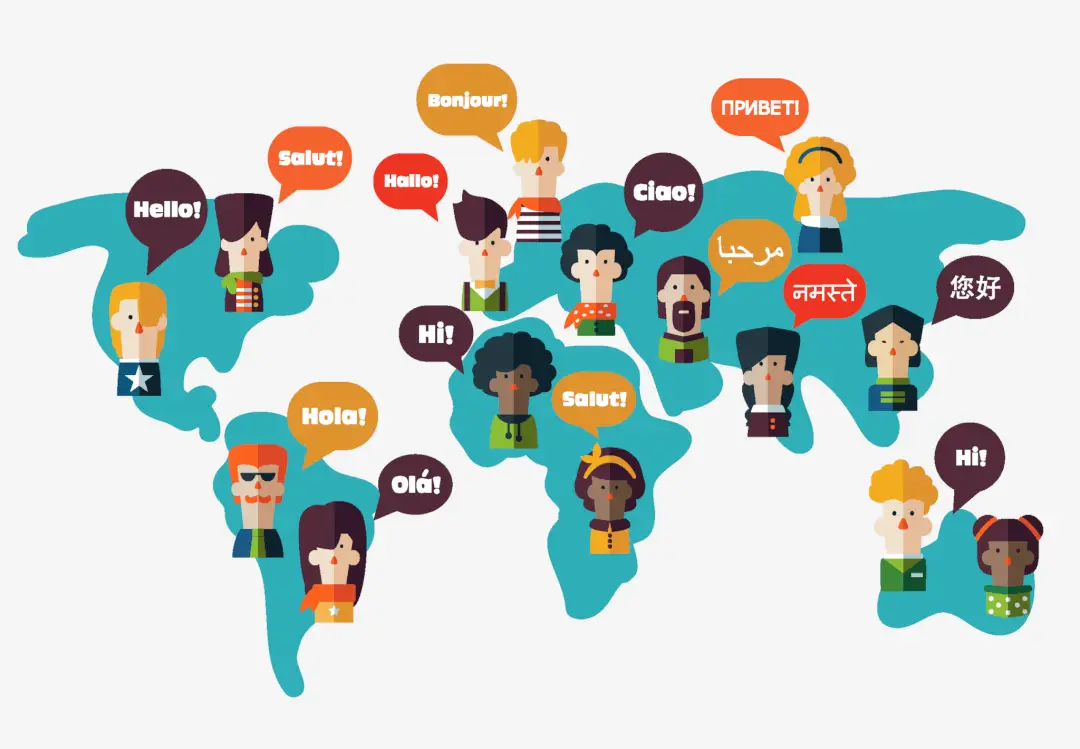By Our Reporter,The Nation
Copyright thenationonlineng

By Adeola Olufunmilola Oshiyemi
“Nigeria’s diversity is its greatest economic advantage — but only if businesses make inclusion a deliberate strategy.”
In today’s global economy, diversity, equity, and inclusion (DEI) have evolved from moral imperatives into strategic drivers of growth and innovation.
Across the world, research consistently shows that organisations prioritising DEI outperform their peers in decision-making, innovation, and financial returns.
For Nigeria — Africa’s largest economy and one of its most diverse nations — DEI represents a competitive advantage waiting to be unlocked.
The Global Evidence Leading firms from New York to Nairobi demonstrate that DEI is not simply corporate charity but good business.
McKinsey’s 2023 report found that companies with diverse executive teams are significantly more likely to achieve above-average profits.
Read Also: Alleged terrorism: Court to rule on Kanu’s no-case submission Friday
Deloitte’s research shows inclusive companies are twice as likely to meet or exceed financial targets.
The lesson is clear: diverse teams make better decisions, solve problems faster, and innovate more effectively.
In a rapidly changing environment — where Nigerian businesses face technological disruption, new competitors, and evolving customer expectations — innovation is essential, not optional.
Nigeria’s untapped potential with more than 200 million people across six geopolitical zones is one of the most ethnically, culturally, and linguistically diverse in the world. Yet, in many organisations, inclusion remains limited and often left to chance. Recruitment still leans heavily on personal networks rather than merit, narrowing the talent pool and stifling innovation.
Gender disparities persist, with women under-represented in leadership. Persons with disabilities face systemic barriers to employment. Generational gaps and cultural silos limit collaboration.
These patterns represent a missed opportunity for businesses that want to compete regionally and globally
Concrete examples show what’s possible: A Lagos tech firm with a multilingual sales team can more easily expand into Francophone Africa; banks employing more women in product design will better serve Nigeria’s growing female entrepreneur segment; manufacturing companies that integrate persons with disabilities tap overlooked talent and win loyalty among socially conscious consumers.
From compliance to competitive advantage
To turn diversity into a growth engine, Nigerian companies must shift DEI from a checkbox to a core business strategy. Practical steps include:
– Inclusive Hiring: Structured recruitment, blind CV screening, and diverse interview panels to minimise bias.
– Equitable Career Paths: Transparent advancement opportunities, mentorship, and leadership development programmes for under-represented groups.
– Cultural Competence Training: Equipping leaders to manage across cultural, gender, and generational lines.
– Data-Driven Accountability: Tracking metrics beyond headcount — including inclusion and retention rates — to measure progress.
– Leadership Commitment: Linking executive bonuses and evaluations to diversity goals.
– Policy Reform: Ensuring accessibility, flexibility, and cultural sensitivity, especially for persons with disabilities.
Why it matters
Diverse teams challenge group think and spot opportunities others overlook. Fintech startups with mixed teams adapt faster to varied customer needs. Manufacturing firms with gender-balanced leadership report improved safety compliance and productivity.
At the national level, a truly inclusive workforce — representing all geopolitical zones, empowering women and youth, and supporting persons with disabilities — would be better positioned to tackle Nigeria’s complex challenges. With over 60 per cent of the population under 30, sidelining young talent is a luxury Nigeria cannot afford.
For businesses, the case is straightforward: companies that reflect their markets thrive. Those that do not risk irrelevance. This is not about quotas or tokenism — it is about competitiveness, innovation, and sustainable success.
The Global Market Is Watching. Foreign investors now weigh DEI practice as part of due diligence. Multinationals expect their partners to uphold global inclusion standards.
Nigerian firms that get ahead of the curve will attract not only capital but also top-tier talent from home and abroad. Inclusion also builds public trust, reduces workplace conflicts, and supports national development goals.
A Call to Action. Having worked extensively in talent acquisition, organisational development, and community leadership across Nigeria’s banking, technology, and manufacturing sectors, I have witnessed first-hand the transformative power of inclusion. Diversity is not about lowering standards; it is about raising possibilities.
Nigeria’s future competitiveness depends on harnessing the full spectrum of human potential. Inclusive organisations will attract the best talent, open new markets, and create lasting value.
The business case for diversity is no longer theoretical — it is proven.
The question facing Nigerian companies is not whether diversity and inclusion work, but whether they will act now.
• Oshiyemi is MPA, CSM and CompTIA Security + certified.



